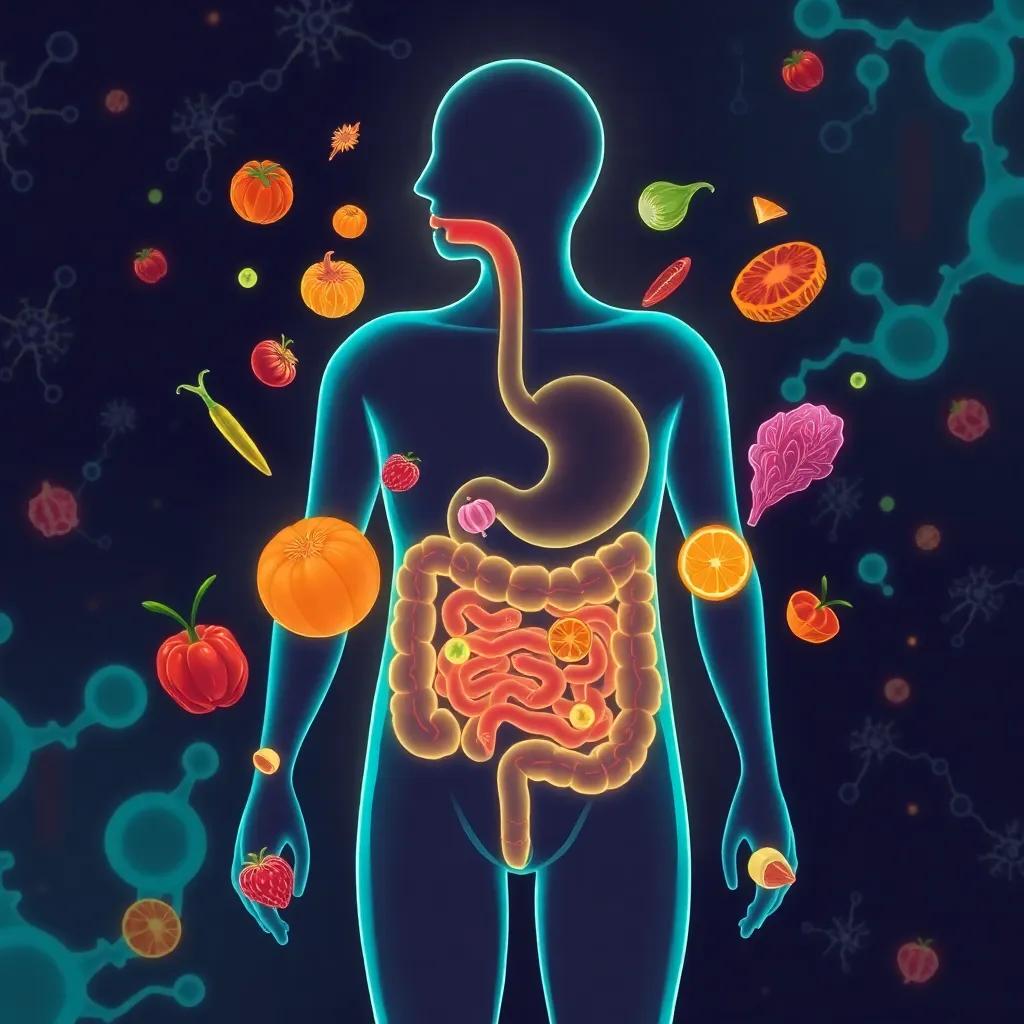Exploring the science behind fermented foods, their impact on gut microbiome diversity, metabolic health, and practical tips for incorporating them into your diet.
Fermented foods like kimchi and kefir enhance gut microbiome diversity, reduce inflammation, and improve metabolic health, according to recent studies.
The Science Behind Fermented Foods and Gut Health
Fermented foods have been a staple in human diets for centuries, but recent scientific research has shed light on their profound impact on gut health. The fermentation process involves the breakdown of carbohydrates by bacteria and yeast, resulting in the production of beneficial probiotics. These live microorganisms, when consumed in adequate amounts, confer health benefits to the host.
Probiotics vs. Prebiotics: Understanding the Difference
Probiotics are live bacteria that add to the population of good microbes in your gut, while prebiotics are fibers that feed these beneficial bacteria,
explains Dr. Emeran Mayer, a gastroenterologist and author of The Mind-Gut Connection. Foods like kimchi, kefir, sauerkraut, and miso are rich in probiotics, whereas onions, garlic, and bananas are excellent sources of prebiotics.
The Role of Specific Strains
Different fermented foods contain distinct strains of bacteria. For instance, Lactobacillus is commonly found in yogurt and kefir, while Bifidobacterium is prevalent in fermented dairy products. A 2021 study published in Cell found that regular consumption of fermented foods increased gut microbiome diversity and reduced markers of inflammation.
Health Benefits of Fermented Foods
The benefits of fermented foods extend beyond gut health. A healthy gut microbiome has been linked to improved immunity, better nutrient absorption, and even weight management.
Reducing Inflammation
Chronic inflammation is a root cause of many diseases, including obesity and diabetes. Fermented foods help modulate the immune system, reducing systemic inflammation. A 2020 study in Nature demonstrated that participants who consumed fermented dairy products had lower levels of inflammatory markers like C-reactive protein.
Improving Nutrient Absorption
Fermentation breaks down anti-nutrients like phytic acid, making minerals such as iron and zinc more bioavailable. This is particularly beneficial for individuals with digestive disorders like irritable bowel syndrome (IBS).
Practical Tips for Incorporating Fermented Foods
Adding fermented foods to your diet doesn’t have to be complicated. Here are some easy ways to get started.
DIY Fermentation Recipes
Making your own fermented foods at home is simple and cost-effective. For homemade yogurt, all you need is milk and a starter culture. For pickles, combine cucumbers with saltwater and let them ferment at room temperature for a few days.
Buying Guides
When purchasing fermented foods, look for labels that mention live and active cultures.
Avoid products with added sugars or preservatives, as these can negate the health benefits.
Potential Side Effects and Precautions
While fermented foods are generally safe, some individuals may experience side effects like bloating or histamine intolerance. It’s advisable to start with small amounts and gradually increase intake.
Histamine Intolerance
Fermented foods are high in histamines, which can trigger allergic reactions in sensitive individuals. If you experience symptoms like headaches or rashes, consult a healthcare provider.
Expert Opinions and Future Research
The gut-brain axis is an emerging field of research, with studies suggesting that gut health influences mental well-being. The gut is often called the second brain, and for good reason,
says Dr. David Perlmutter, author of Brain Maker. Future research aims to explore how specific probiotic strains can be tailored to individual health needs.




